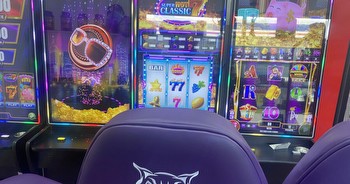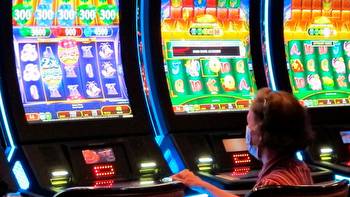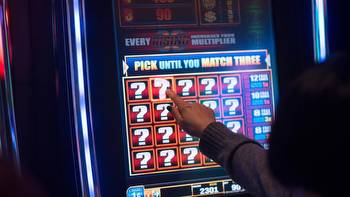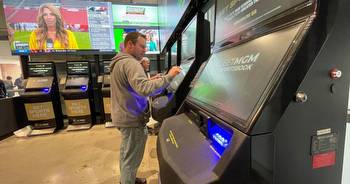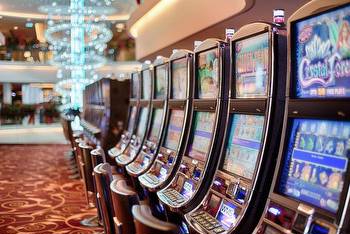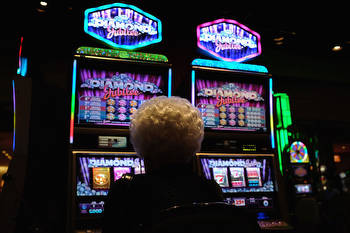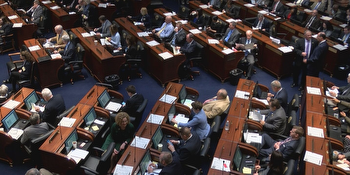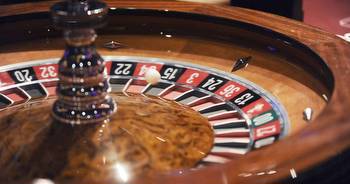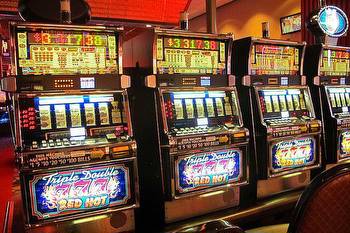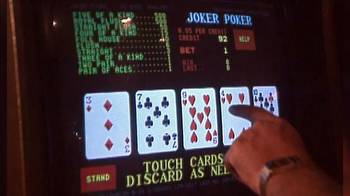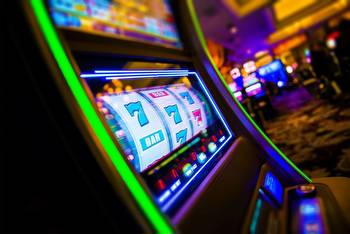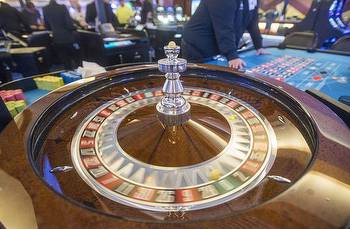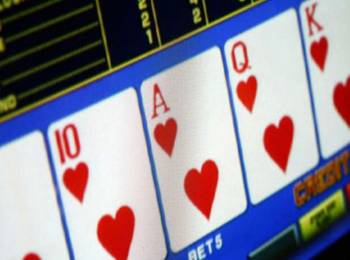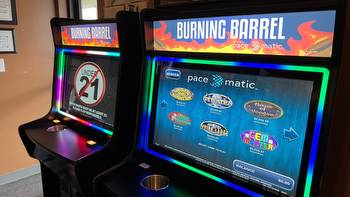COMMENTARY: March Madness in the Legislature with gambling issues

March Madness is once again upon us, and a cloud hangs over the Big Blue Nation as the beloved Wildcats were knocked out in the first round by a school most of us never knew existed. There's also a little March Madness going on in Kentucky's legislature, where four gambling-related bills were heard in the Licensing and Occupations Committee last Thursday. HB 606—legalization of sports gambling passed the entire House on Friday.
State Rep. Adam Koenig (R-Erlanger), the sponsor of HB 606, wants to “dry up the black market” and protect people from bookies who might rip them off. He also wants to generate revenue for the state's general fund. Out of this, and other gambling proposals, come many concerns, contradictions, and recommendations.
A major concern is that legalized sports gambling will corrupt sports. When people have more than their emotions invested in the outcome of the game, it increases the likelihood of cheating. And when big money is involved, big bribes and payoffs come into play. That's what happened in 1919 when the Chicago Black Sox succumbed to a big bribe by a gambling syndicate to throw the World Series. It nearly destroyed the sport.
Stephen Marche said in his Atlantic column last November “America's Gambling Addiction is Metastasizing” that "gambling produces corruption the way saltwater produces rust. You can fight it for a while, but it wins in the end." Marche points to the corruption of soccer after online Asian gambling was legalized in the 2000s. Marche predicts "another fixing scandal will rock American sports eventually; it’s only a matter of time.”
Les Bernal of STOP Predatory Gambling contends that sports gambling is a gateway to more lucrative and addictive online casino gambling, which can take place 365 days a year. All you need is a smartphone and a credit card. Once signed up on a sports betting app like Draft Kings or FanDuel, be prepared to receive incessant ads and incentives to gamble on online video poker.
Consider the contradictions amongst the bills considered in the Kentucky House, namely HB 609, which addresses problem gamblers by establishing the Kentucky Problem Gambling Assistance Board. It proposes to fund the state board at $225 million next year. This implies at least two things: 1) there are many problem and compulsive gamblers in Kentucky who need help; 2) a lot of Kentuckians are losing money to gambling—enough to fund $225 million next year to help those with addictions.
Through verbal contortions, the Kentucky legislature redefined the term "pari-mutuel" and "games of skill" to allow video slot machines called Historical Horse Racing (HHR) into the state last year, under the auspices of helping the horse industry. Since then, "Gray Machines,” essentially video poker, which is now considered a game of skill, are proliferating throughout the commonwealth. HB 608 bans these video slots machines found in gas stations and truck stops in 71 Kentucky counties. Small business owners get more revenue from the Gray Machines than they do from selling lottery tickets. The bill passed the Kentucky House on Friday and clearly favors the horse industry monopoly on video slots.
Kentucky is in the midst of a gambling proliferation disaster sponsored by the state government. The tragedy is that it's mainstreaming an activity once associated with organized crime, and it opens the commonwealth to a plethora of problems that will unfortunately be worked out in the lives of real people—the same people who'll be calling on the government for help.
Now, for a couple of recommendations. The legislature should look for ways to grow the economy in ways that don't create losers. Big gambling, including state-sponsored sports gambling, is dependent upon people losing. Some vulnerable to addiction will lose it all. According to Les Bernal, 50 percent or more of casino revenue comes from those considered problem or compulsive gamblers.
Why not cap loss limits? According to rentdata.org, the average fair market rent price for a two-bedroom apartment in 2021 was $733. Kentuckians spend an average of $300/month per person on food. When people lose their rent and grocery money, they turn to others, including the state. Why not limit gambling losses? Individual budgets can only absorb so much in the "entertainment" category. If such limits were in place, the Kentucky Problem Gambling Assistance Board wouldn't need $225 million next year.
Here's a final thought. While there are strong differences of opinion on state-sponsored gambling, can we find common ground and look out for the well-being of our fellow Kentuckians? Children, the poor, and the vulnerable, all need advocates. Those caught in the throes of addiction need help. Let's look for ways to protect them. Let's work to make it easier for all Kentuckians to succeed. After all, we live in a commonwealth where we share the same space, enjoy a fair playing field, and should care about each other's well-being.








